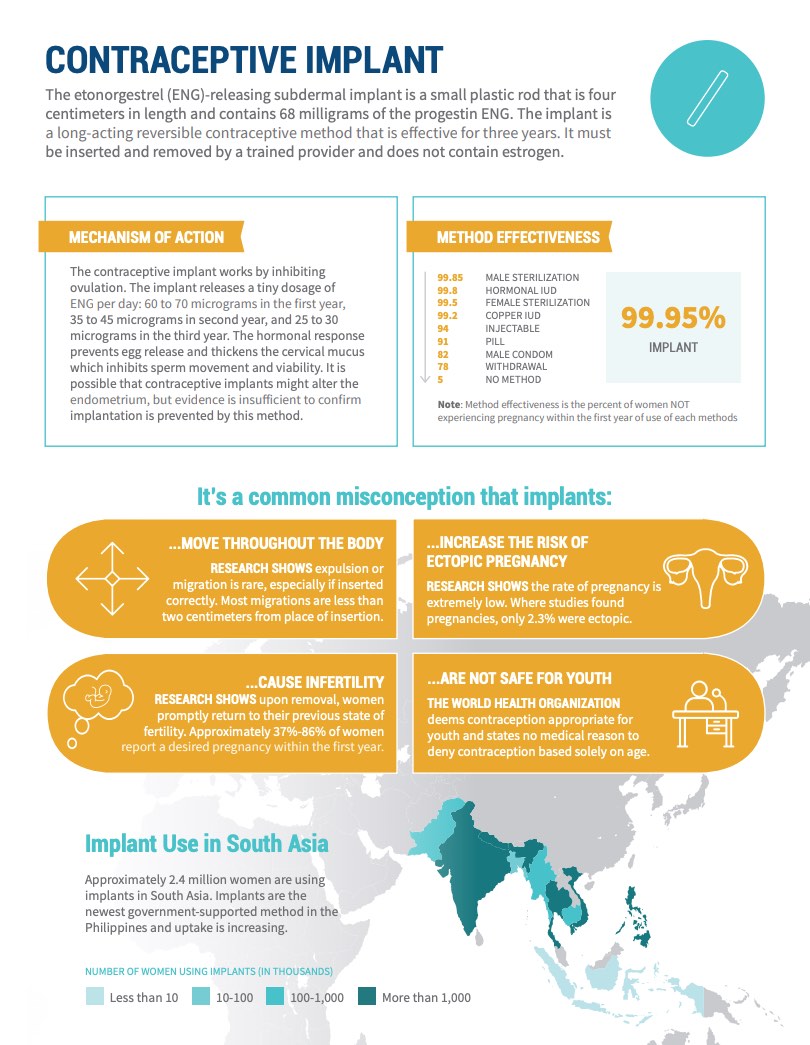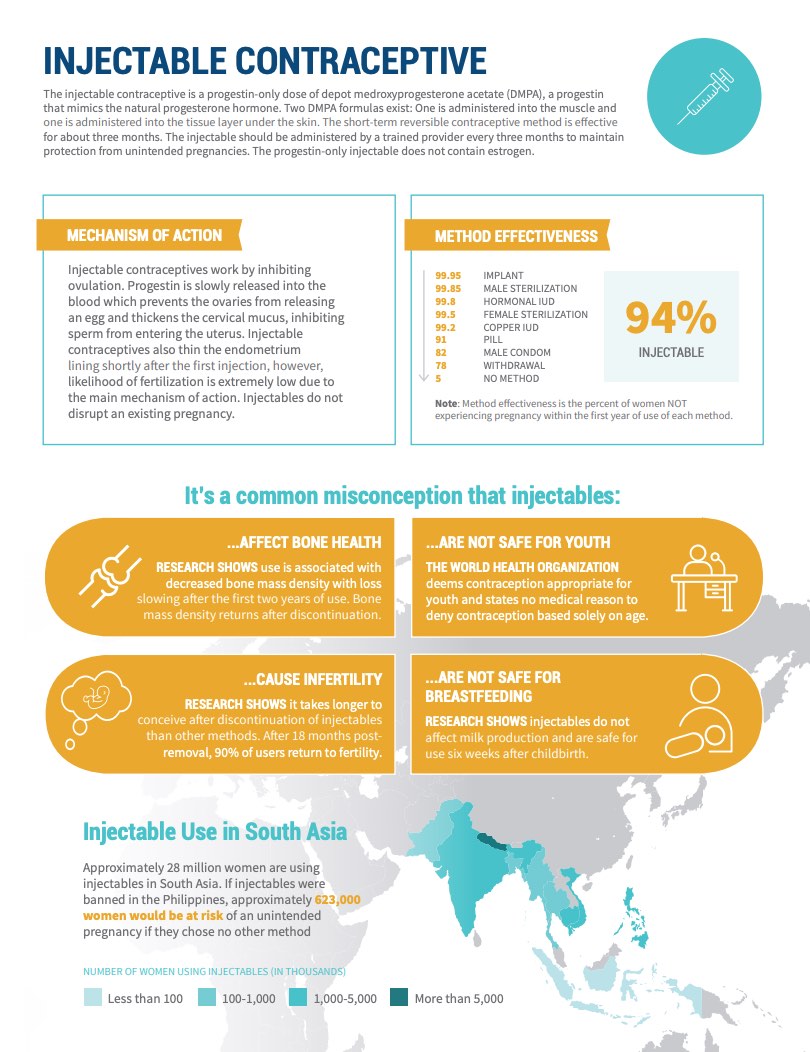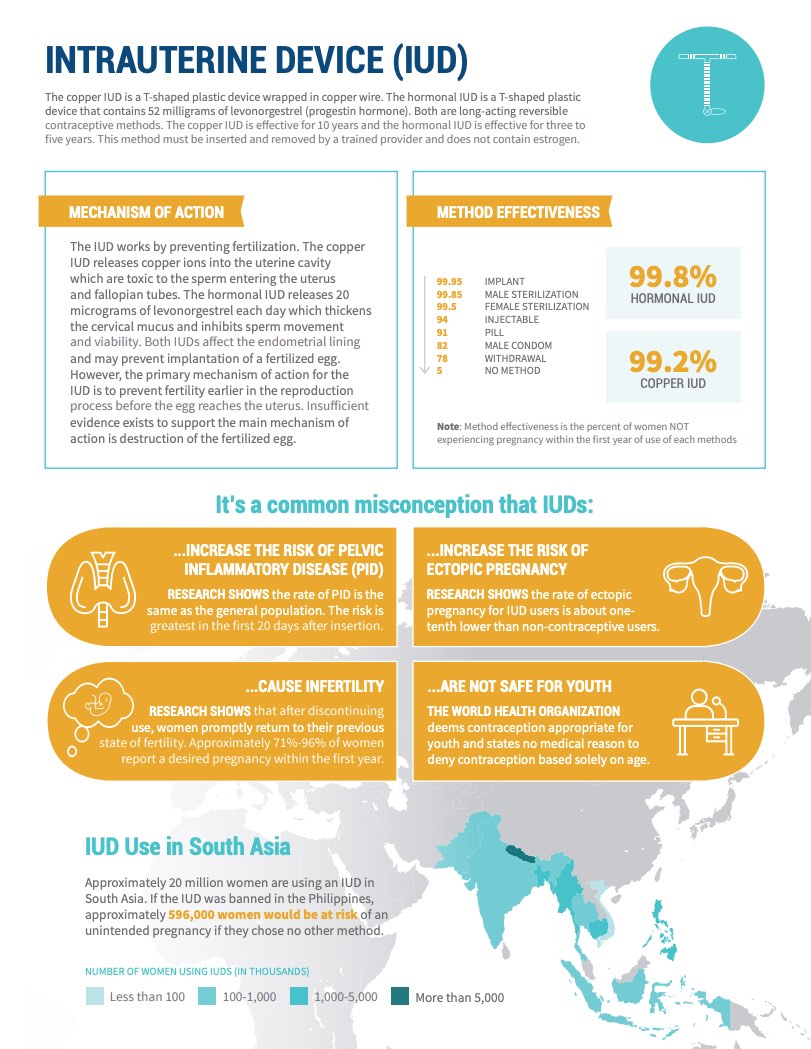Milestones and Moments in Global Census History
What information does a census collect? The answer depends on when and where in time the census was taken.

What information does a census collect? The answer depends on when and where in time the census was taken.

Project: Empowering Evidence-Driven Advocacy
The etonorgestrel (ENG)-releasing subdermal implant is a small plastic rod that is four centimeters in length and contains 68 milligrams of the progestin ENG. The implant is a long-acting reversible contraceptive method that is effective for three years. It must be inserted and removed by a trained provider and does not contain estrogen.
(2009) Between 2007 and 2008, U.S. household income fell sharply as the unemployment rate increased.
(2009) Lack of access to quality health care and clean water and sanitation, undernutrition, and other preventable or treatable causes lead to the deaths of tens of thousands of children worldwide every day.

Project: Empowering Evidence-Driven Advocacy
The injectable contraceptive is a progestin-only dose of depot medroxyprogesterone acetate (DMPA), a progestin that mimics the natural progesterone hormone. Two DMPA formulas exist: One is administered into the muscle and one is administered into the tissue layer under the skin. The short-term reversible contraceptive method is effective for about three months. The injectable should be administered by a trained provider every three months to maintain protection from unintended pregnancies. The progestin-only injectable does not contain estrogen.

Project: Empowering Evidence-Driven Advocacy
The copper IUD is a T-shaped plastic device wrapped in copper wire. The hormonal IUD is a T-shaped plastic device that contains 52 milligrams of levonorgestrel (progestin hormone). Both are long-acting reversible contraceptive methods. The copper IUD is effective for 10 years and the hormonal IUD is effective for three to five years. This method must be inserted and removed by a trained provider and does not contain estrogen.
(2014) Israel's demographic patterns and trends are unique, reflecting the complex political, cultural, and religious future of the region.
Project: IDEA: Informing Decisionmakers to Act
(2014) In 2012, the government of Kenya passed a landmark policy to manage its rapid population growth. The new population policy aims to reduce the number of children a woman has over her lifetime from 5 in 2009 to 3 by 2030.2